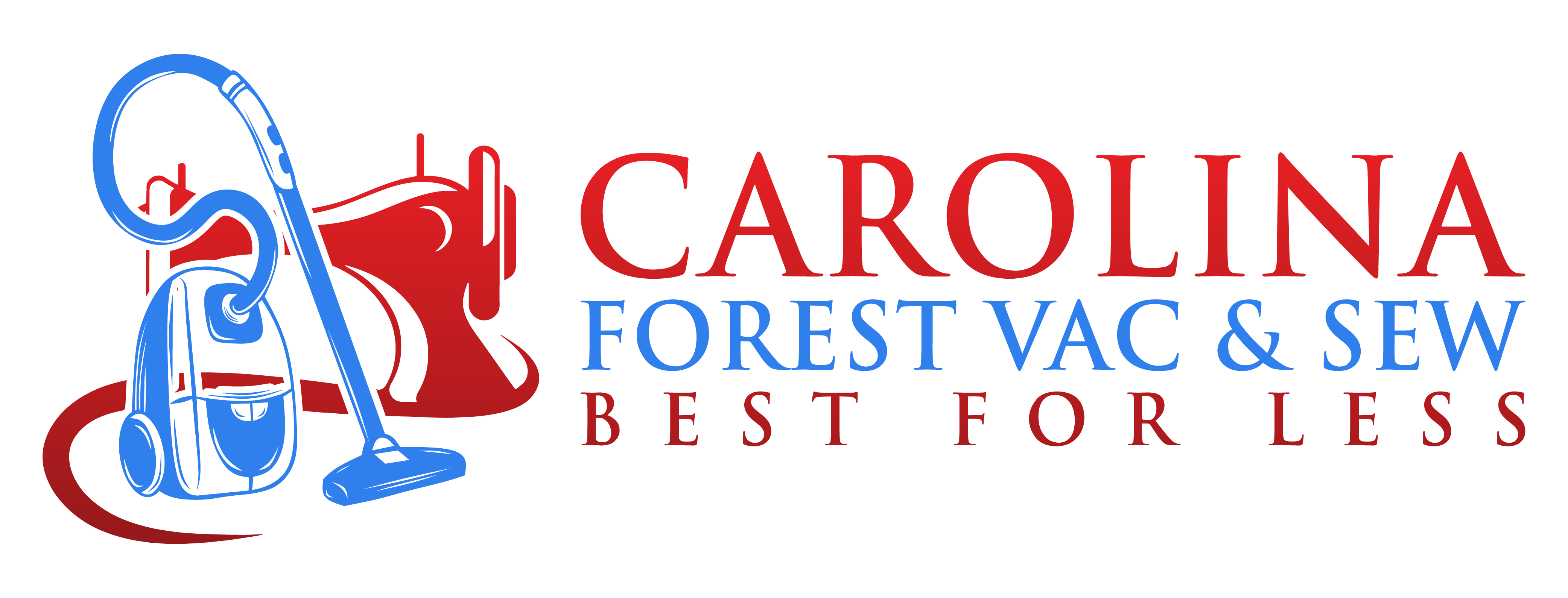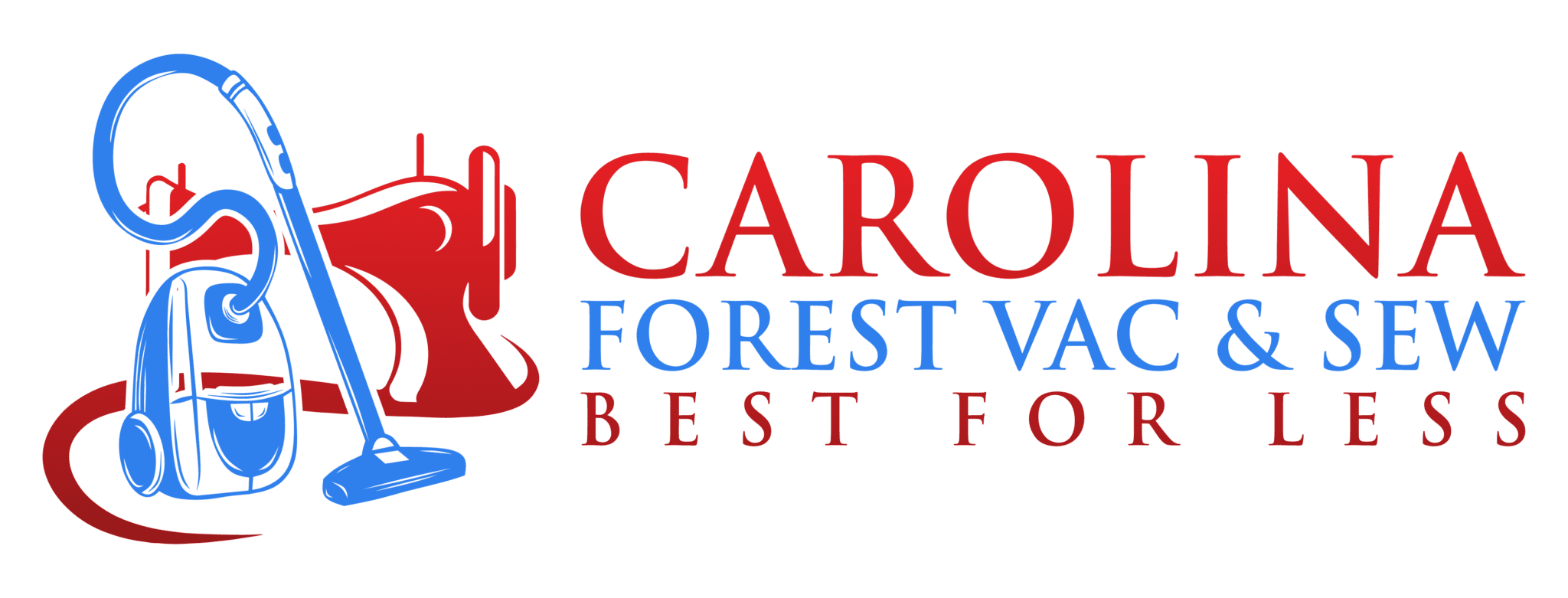Looking to streamline your stitching process with an industrial sew machine? These machines are specifically designed to reduce manual intervention, offering uninterrupted operation even during high-volume runs. If your work involves repeated stitches, heavy-duty fabrics, or layered materials, this machine category delivers speed and control that domestic machines can’t match.
Which performance features define the best industrial sewing machines for clean seams
The best industrial sewing machines come with components engineered for precision. These aren’t just upgrades—they are essentials for smooth seams and production consistency. You need machines that won’t skip stitches, drift under pressure, or lose tension when switching fabrics.
Look for these performance-defining features:
- Servo Motor Operation – Delivers higher torque while keeping vibration low
- Straight Stitch Stability – Maintains seam alignment even at high speeds
- Automatic Backtacking – Secures the beginning and end of every stitch
- Needle Position Control – Stops needle up or down based on project needs
- Customizable Stitch Settings – Stores preferences for quick repeat runs
These features work together to maintain stitch quality on every piece. With the best industrial sewing machines, you’re less likely to face misalignment or rework—keeping your output sharp and dependable.
How can an industrial sew machine handle heavy materials and dense seam construction?
Sewing with denim, canvas, or layered linings can quickly strain basic equipment. The industrial sew machine solves this by using solid parts, powerful needle drivers, and advanced foot control to manage seam volume with ease. You get reliable seam compression and fabric feed without puckering or thread breakage.
Machines in this category typically offer:
- High Clearance Presser Feet – Allow easy adjustment for bulky fabric stacks
- Walking Foot Technology – Helps feed thick or slippery materials evenly
- Stronger Needle Drive Shafts – Reduce the chance of bent or broken needles
- Adjustable Pressure Dials – Accommodate flexible vs. firm materials
These features make the industrial sew machine capable of switching between products—whether you’re stitching uniforms, bags, furniture covers, or heavy outerwear.
What makes the best industrial sewing machines ideal for fast, repetitive jobs
Repetition is common in manufacturing environments. That’s why the best industrial sewing machines offer systems to make high-speed sewing not only possible but also sustainable across long shifts. These machines do more than sew—they reduce workload by automating routine steps.
Helpful time-saving components include:
- Thread Trimming Functions – Reduce cleanup between garment stages
- Auto Presser Foot Lift – Moves up at stitch completion without manual effort
- Pre-programmed Stitch Sequences – Speeds up complex pattern creation
- Quick-Change Needle Plates – Minimize setup between runs
- Oil-Resistant Design – Keeps moving parts running longer without daily maintenance
All of these reduce friction—both in the machine and your team’s workflow.
How does an industrial sew machine improve long-term reliability and maintenance control?
Over time, the maintenance burden of poorly made machines cuts into production time. That’s why an industrial sew machine built with high-grade materials and accessible components pays off quickly. The more user-friendly the upkeep, the less downtime you face.
Reliable models typically offer:
- Integrated Lubrication Systems – Auto-oil parts to reduce friction wear
- Open Access Panels – Allow fast lint removal and thread clearing
- Steel Gears and Plates – Prevent long-term warping under motor pressure
- Thread Jam Indicators – Alert you before damage occurs
- Heat-Resistant Motors – Keep machines running during extended use
A good industrial sew machine doesn’t just start strong—it stays reliable after months of operation. That means less repair work, fewer interruptions, and a stronger return on investment.
Why do manufacturers prefer the best industrial sewing machines for multi-fabric applications?
The best industrial sewing machines support a variety of fabric types without needing excessive reconfiguration. Whether you’re handling jersey knits, upholstery-grade vinyl, or synthetic blends, the machine settings respond quickly to material density, speed needs, and thread requirements.
Manufacturers often choose these machines because:
- They switch easily between jobs – Fast tension and foot adjustments mean quick fabric changes
- They handle stretch fabrics with control – No skipped stitches on softer materials
- They maintain consistent thread feed – Prevent loose loops or uneven under-stitching
- They allow high-throughput stitching and maintain speed even when materials vary
- They simplify post-production finish – Cleaner seams mean less trimming later
With this kind of machine, operators don’t need to babysit the equipment—it’s ready for every part of the line.
We help you choose the best industrial sewing machines for your workspace and schedule
Carolina Forest Vac & Sew provides real-world guidance to help you select the industrial sew machine that suits your speed, budget, and production setup. We know that no two workrooms are the same—and no machine should be chosen based on specs alone.
Our Myrtle Beach, South Carolina, location offers expert consultations, dependable service, and access to industrial sewing machines designed for daily use. Whether you’re outfitting a team or upgrading one workstation, we’ll help you choose a model that fits clean stitching into your timeline and keeps your projects moving forward without interruption.

